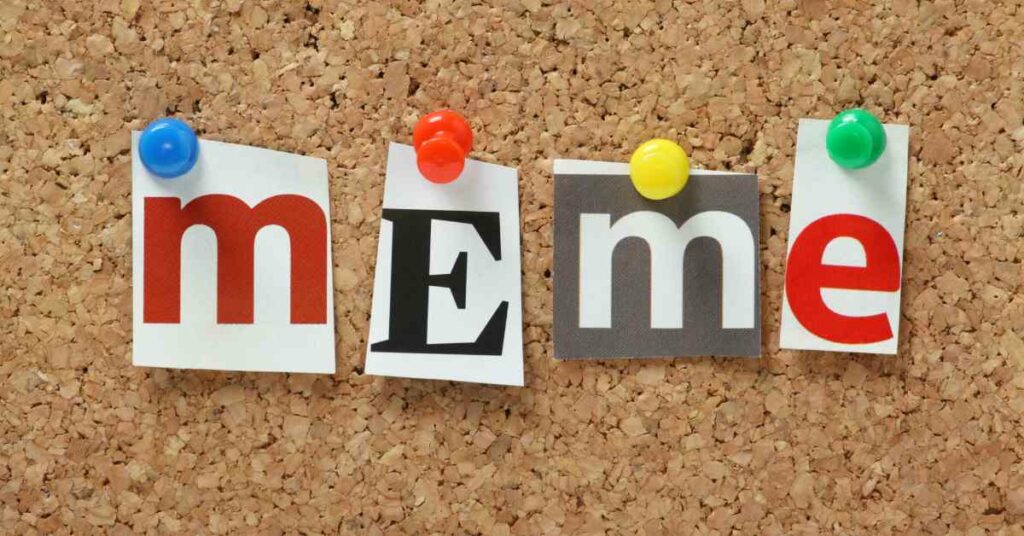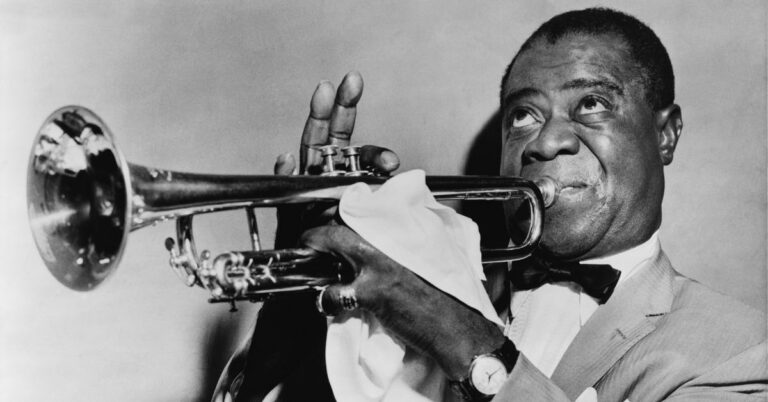The term “meme” has become increasingly common in contemporary culture, referring to the spread of viral ideas, images, and videos on the internet. However, the origins of the word are more complex, reflecting a long and varied history of cultural transmission and evolution. In this article, we will explore the origin and evolution of the word “meme.”
The Origin of the Word
The word “meme” was first coined by British evolutionary biologist Richard Dawkins in his 1976 book, “The Selfish Gene.” In the book, Dawkins used the term to describe cultural information that is passed from one generation to the next, similar to the way that genes are passed on through biological reproduction.
The word “meme” itself is a combination of “mimeme,” meaning “something imitated,” and the Greek word “mimema,” meaning “that which is imitated.” Dawkins used the term to describe any cultural element that could be transmitted and replicated, from religious beliefs to musical styles.
Evolution of the Concept
Since its introduction, the concept of the meme has evolved and expanded to encompass a wide range of cultural phenomena. In particular, the rise of the internet and social media has led to the rapid spread and replication of memes, which are often characterized by their humor, irony, and subversive content.
Today, memes are often associated with internet culture and are used to convey a wide range of emotions and ideas. Memes can take the form of images, videos, and even entire websites or social media accounts, and are often shared and remixed by users across multiple platforms.
Cultural Significance
The concept of the meme has significant implications for our understanding of culture and the ways in which ideas and information are transmitted and evolved over time. The spread of memes reflects the power of social media and the internet to connect individuals and communities across vast distances and to facilitate the rapid spread of cultural ideas.
Moreover, the concept of the meme challenges traditional notions of intellectual property and ownership, as memes are often shared and remixed without attribution or compensation. This has led to debates about the ethics of meme culture and the role of social media platforms in regulating and controlling the spread of cultural ideas.
Conclusion
The origin and evolution of the word “meme” reflect the complex and multifaceted nature of cultural transmission and evolution. From its origins as a scientific term coined by Richard Dawkins, the concept of the meme has expanded to encompass a wide range of cultural phenomena, reflecting the power of the internet and social media to facilitate the spread of ideas and information across global communities.














